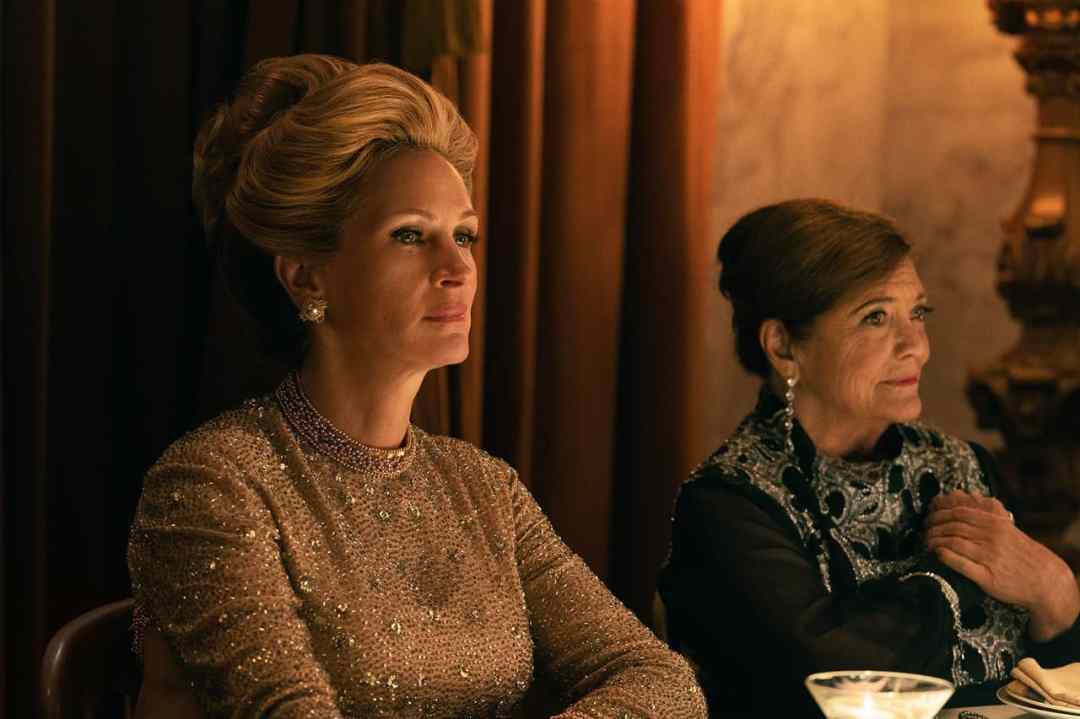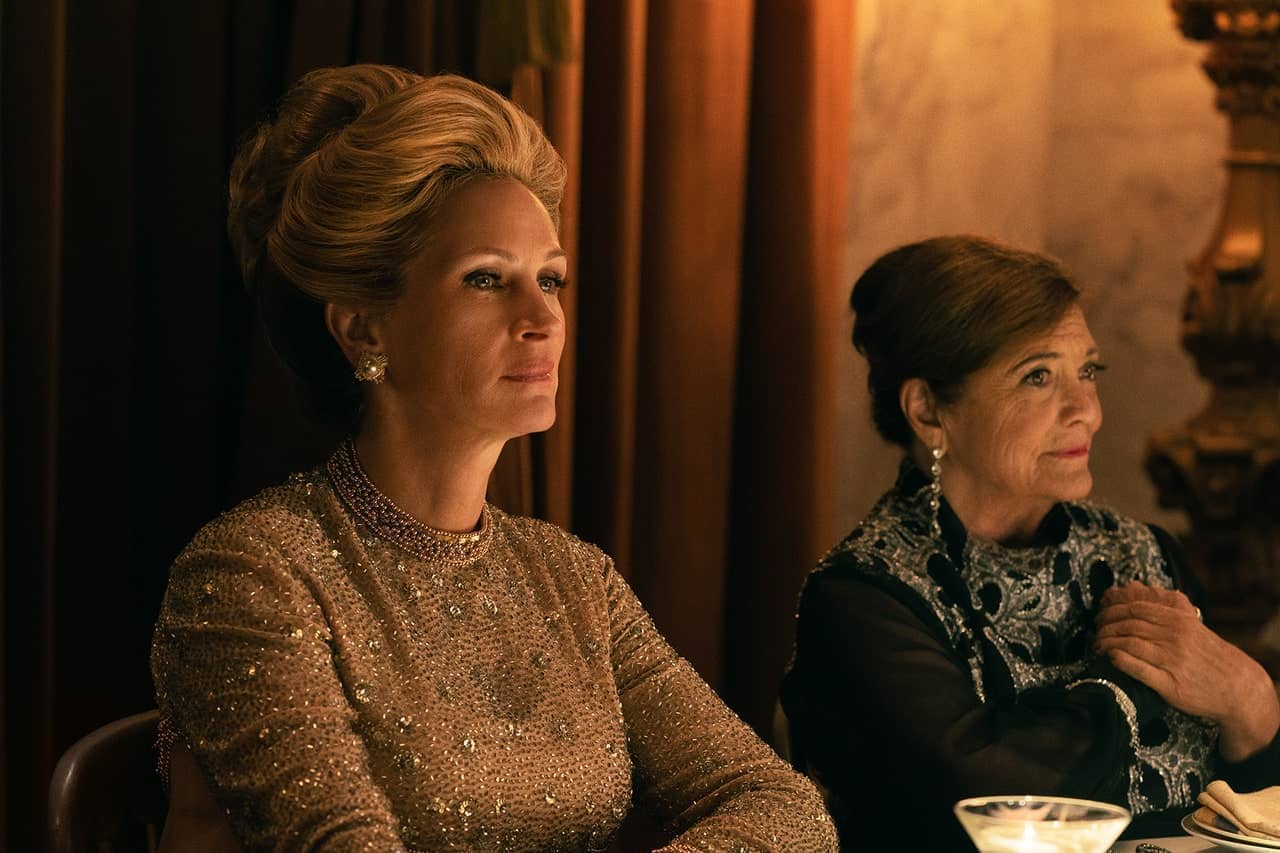On 24 April the series Gaslit, starring Julia Roberts as Martha Mitchell and Sean Penn as Watergate-era U.S. Attorney General John Mitchell, will premiere on Starz. It joins a multitude of books, films, and TV shows about Watergate, starting with the Oscar-winning All the President’s Men (1976) running through to 2017’s The Post.
Granted, Watergate was one of the most disturbing moments in American political history. But why do films and TV shows continue to emerge 50 years after the event itself? Perhaps because they not only speak to long-standing myths about the power of the individual and the resilience of American democracy, but also to deep-seated fears about its fragility.
Americans have long believed that truth can emerge if citizens have all the facts
When All the President’s Men appeared in 1976, just two years after the best-selling book of the same name by Washington Post journalists Bob Woodward and Carl Bernstein, it tapped into all the prevailing myths about America. However contentious a particular moment might be, Americans have long believed that truth can emerge if citizens have all the facts. Thomas Jefferson championed freedom of speech and the press, writing that the American people could be trusted to reach the right decisions, even in a crowded marketplace of ideas, if they were well informed. All the President’s Men and other American movies about the crusading press from His Girl Friday (1940) and The China Syndrome (1979) to Spotlight (2015) and The Post (2017) suggest that a free press will ultimately bring the truth to light, whether facts are buried by a government, a powerful corporation, or by the Church.
This narrative of the little guy standing up against the Powers That Be is a foundational American myth (think of Jimmy Stewart in Mr. Smith Goes to Washington [1939]), and it is powerfully expressed in Watergate stories. The Post (Stephen Spielberg’s film about the Pentagon Papers and the beginning of Watergate) revolves around Katharine Graham and the courage it took for the Washington Post to publish state secrets. Liz Hannah, who co-wrote The Post, told me she was drawn toward the project because ‘I gravitate toward the underdog stories.’ So do many Americans. The determined individual (or ragtag team) opposing powerful forces is the classic American hero’s tale. Watergate offers ample opportunities to recast it.
Julia Robert’s Martha Mitchell in Gaslit takes on the Nixon administration as the first person close to the Nixon administration to publicly sound the alarm about its involvement in Watergate. Woodward and Bernstein, identified in the original trailer for All the President’s Men as ‘the two young reporters who cracked the Watergate case,’ put their reputations — and perhaps even their lives — on the line to discover the truth. Despite the contempt some Americans express for the media, it is still often a source of adulation and depicted as a democratic force for good in American culture.
Movies about Watergate also commemorate how American democracy prevailed in one of its most parlous moments: when the crimes of Richard Nixon and his underlings were discovered and held to the light, public outcry drove him from office. These stories feel in some ways even more necessary today. Moviegoers would like to believe that the wrong will fail, the right prevail, and Gaslit and The Post can’t help but take on added relevance in a time when it feels as if the West is again imperilled by political figures abusing their power.
But however comforting these Watergate stories have been in the past, contemporary America is a different beast. At the time of Watergate, three major American TV networks ruled the airwaves, and Americans generally agreed that they could rely on the reporting of a mainstream news source. Today, it is difficult for Americans to even agree on what news sources accurately represent reality. It would be difficult for U.S. audiences to form a consensus about the conspiracies leading up to the 6 January riots at the U. S. Capitol, for example.
In an America where unearthing the truth about the Capitol riots may not lead to justice, where it’s actually possible to argue that those truths are not the truth, then the moral clarity of the Watergate era makes for an even more appealing story.







Comments